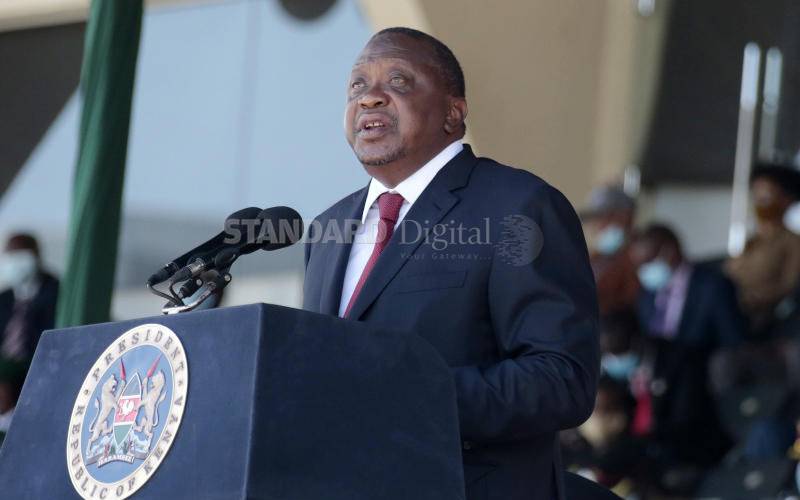
President Uhuru Kenyatta’s Jamhuru Day speech revealed his honest feelings about the Building Bridges Initiative (BBI). For him, BBI does not offer the knock-out blow to all our problems, it offers the country a first step. That raised my antennae: If so, why care so much about it when a sizeable population – including his deputy – aren’t convinced about it? Isn’t ‘creating beef’ with a half of the country troublesome?
The key words he used to amplify his rooting for the BBI are the ‘spirit of inclusion, co-creation and justice’. As he zeroed in on the pros of BBI – which he termed the First Amendment of the 2010 Constitution – one got a sense that like most of us, he, too, had wearied off the five-year ritual of ‘123 days’ of fear, anxiety and violence. That something needs to be done urgently is not in question. The question is: Are the BBI proposals the antidote? In a small way, yes. The bigger part has nothing to do with curing the real problem; that of poverty, unemployment and destitution, which evolve into a fight for survival at every electoral cycle as those ‘outside government’ fight for their turn to eat.